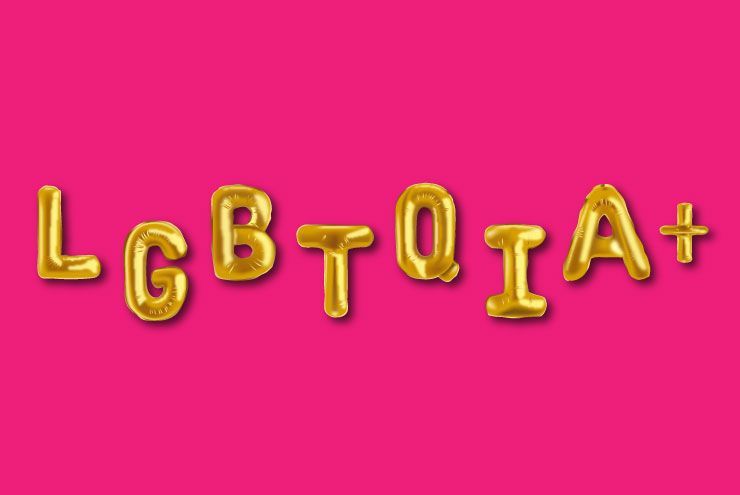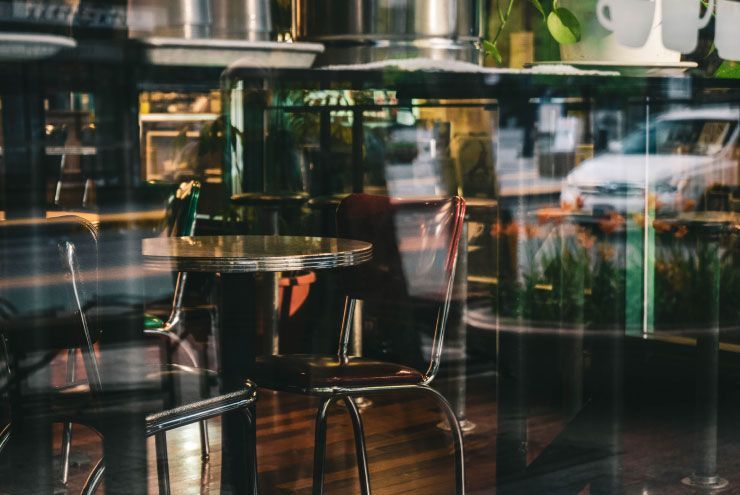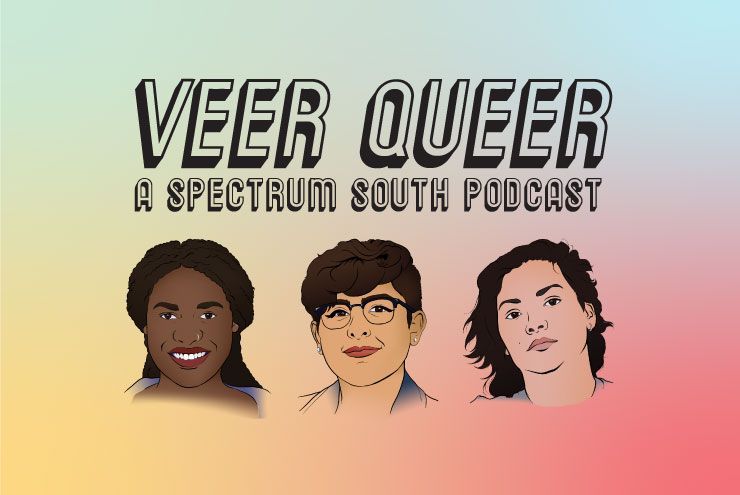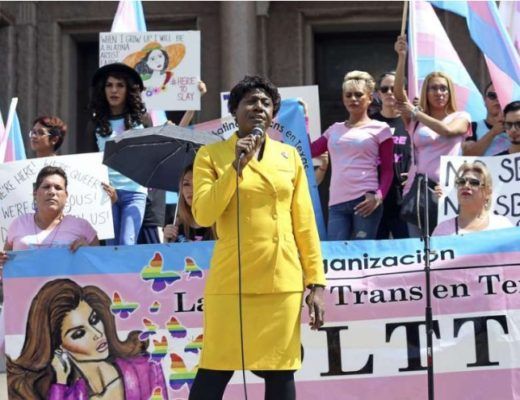By Chevall Pryce
Finding your identity within the LGBTQ community can be confusing to say the least. When I started to question my own identity in college, I anticipated finding guidance and opportunities for growth. Instead, I wound up exhausted. What began as an exciting journey to self-discovery soon became a downward spiral that resulted in feelings of doubt and a sense that I didn’t belong.
Through my online research, attending LGBTQ group meetings, and reading queer blogs, I became so overwhelmed with the amount of labels, definitions, and “rules,” that came with each identity in the LGBTQ community, that I ultimately gave up on my self-exploration entirely. I felt like I had to figure out where I fit. Was I bisexual, or was I pansexual? Was I asexual and didn’t know it? Am I queer enough?
Looking back years later, I wish someone had told me that I didn’t have to settle on any one identity right away. The path to finding your gender identity or sexuality is not a one-step journey. After years of spending time in online forums, speaking with friends, and reading into the culture of each pocket of our queer community, I’ve found that labels can bring comfort to some individuals on their paths to finding themselves. For others, they serve as a concrete roadblock.
My best friend, Cal, recently came out to me as a self-identified butch lesbian. A few years before, she had come out to me as a trans man. She describes how, throughout her identity journey, she found labels can act as a springboard rather than a restrictive box. “There are all different kinds of people and there are all different kinds of ways to describe how you identify,” she says. “In a sense, [labels] give us language that we really need, but at the same time, it’s so open-ended and there really aren’t any rules to them, which can be a good and a bad thing.”
Labels can be comforting and easy to latch onto. For many in the LGBTQ community, finding that “right fit” feels rewarding and welcoming. We’re finally able to find our people and continue our journeys alongside them. But the pressure to stay within the parameters of a particular community can also harm one’s journey. At some point, adhering to a certain label can become more about pleasing the community than being true to who you really are.
While identifying as a trans man, Cal says she encountered all kinds of pressures from within her own community. “There are so many ways to be trans. There are so many ways to be a lesbian. There are so many ways to be a gay man,” Cal observes, but “They’re like, ‘You don’t look like a trans guy because you wear dresses,’ or, ‘You’re not planning on taking hormones, so you’re not really trans.’”
Members of subgroups within the LGBTQ community can, at times, police others who claim and share in that identity. My friend Emily shares how she was called a “fake bisexual” by members of her local LGBTQ community because she was dating a man. My friend Audrey describes how she internally struggled with identifying as a lesbian and constantly tried to “prove herself,” before ultimately realizing and accepting that she identified as queer.
We must allow ourselves the freedom to view labels as checkpoints, rather than endpoints. Before identifying as a butch lesbian, Cal also briefly identified as aromantic, which felt right at the time. “I’m not saying that’s true for every aromantic person, but for me, finding that word helped me make sense of the fact that I can never feel romantic attraction to people,” she explains. “But [I later realized that I was just experiencing] compulsive heterosexuality and the fear of being a lesbian, being gay, and all of that.”
The true key finding to finding your place within the LGBTQ community is self-reflection and honesty surrounding your feelings and experiences. “I hate when people tell others who they are and how they should identify,” Cal shares. “Don’t do that. They’ll end up like me, just now realizing that I’ve been a lesbian for 24 years. Part of [that struggle] is because people keep telling you that you’re something else. It’s a different journey for everyone.”
Ultimately, take the time to be comfortable with who you are on the inside. Don’t let a label block your progress. Keep questioning!







